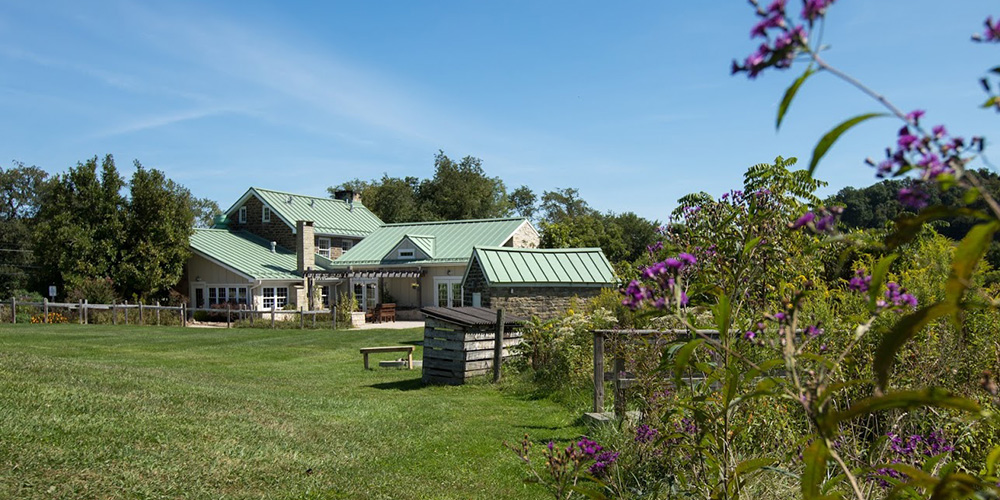About Conservation Ecology
Be ready to meet the growing demand to help preserve and manage our biodiversity and natural resources.
There is a growing need to understand and manage the natural world and our impact on it, reports the Ecological Society of America. If this is your goal, choose the Bachelor of Science in Environmental Studies at PennWest California. The concentration in conservation ecology offers a broad core of courses in biology and ecology, supplemented with courses in chemistry, physics and mathematics.
The conservation ecology concentration in the environmental studies program at PennWest California allows you to develop a tailored program of study that prepares you for careers in the field and provides a foundation for graduate school. This concentration gives you the flexibility to add additional courses in botany or zoology that are content specific. You also are encouraged to participate in a field experience or internship to help strengthen your program of study.
Gain a career advantage with PennWest California's access to internships and research.
Almost all courses include a laboratory portion where students study the practical application of the science, appropriate technology and various organisms. Degree concentrations are designed to delve into specific content areas in the environmental sector that can lead to a variety of post-baccalaureate opportunities.
The environmental studies curriculum provides essential field opportunities through internships and undergraduate research projects in the environmental sciences. This core content is enhanced by the breadth of the University's general education requirements. Students also have access to PennWest California's Interdisciplinary Center for Environmental Studies (ICES) and the nearby Student Association Farm.




